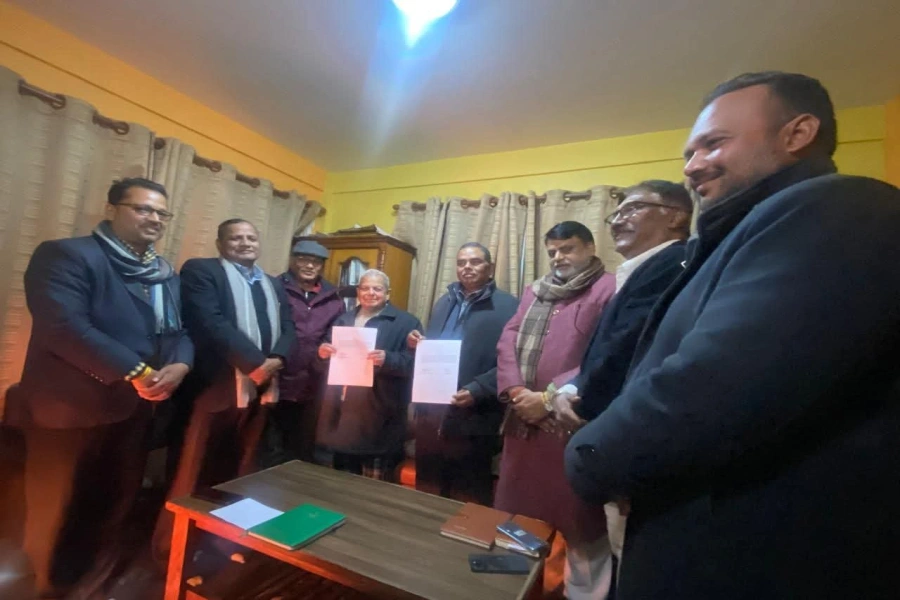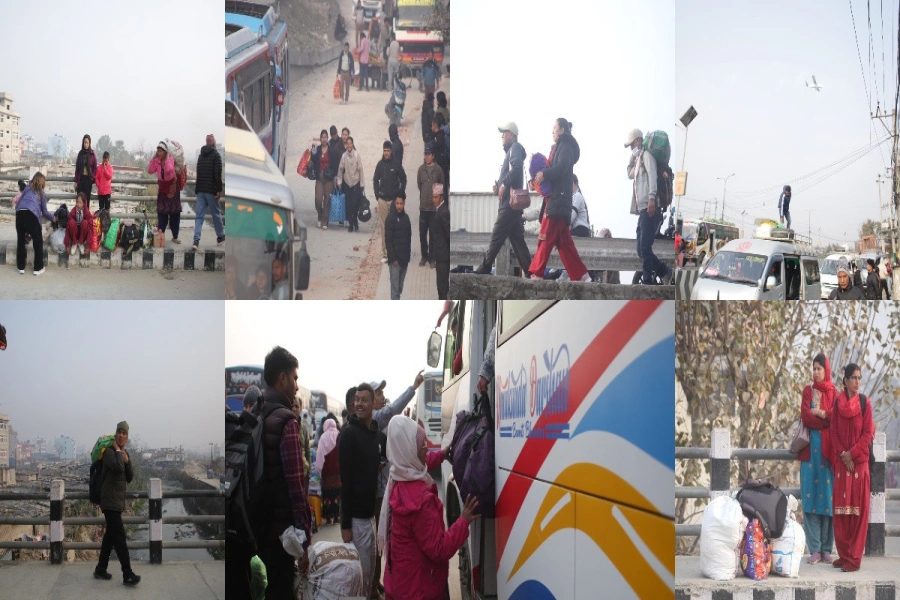State capability, which is distinct from political authority, has frequently been measured by the ability of the state in supporting and protecting the population with equal opportunity and by increasing people's capability to make their life more comfortable and dignified. It is associated with public education, social security, public health, welfare schemes, public transport, environment conservation, basic needs and administrative efficiency and so on.
Qualitative development of these sectors is a must for better transformation and evolution of a society. The Capability Approach created by an Indian economist, Amartya Sen with philosopher Martha Nussbaum examines not only how money moves in an economy but what the people in that economy can actually do with it. In this way, the idea shifts the focus of economics from resources to people.
This theory is the foundation of the Human Development Index, co-written by Sen and Mahbub ul Haq, which is used by the United Nations to rate countries on characteristics such as life expectancy, education, and the standard of living. It takes the central idea from the Capability Approach — that there is more to how well a person is doing than how much they earn — and applies it to the scale of nations.
Amartya Sen's work on human capabilities dwells around whether people are able to "be" and "do" desirable things in life. Examples include – being well fed, sheltered, healthy; doing work, education, voting, participating in community life. The freedom of choice is central – someone choosing to be hungry (e.g. when fasting for religious reasons) is quite different from someone who is hungry because they cannot afford to buy food, or because the country is facing a famine.
Moreover, poverty is not only a lack of income but it is associated with deficiency of capability. To remove poverty, we have to improve capabilities such as improve literacy, longevity and provide access to income by providing equal opportunities. Similarly famine is not only a lack of food but it's also a result of mismanagement of the government.
Beauties, build the thick skin

For the measurement of state capabilities, for the first time, in 1990, the UN Human Development report published the first such exercise which focused on health, education and income which were equally weighted to generate the Human Development Index. It is used to rank countries into four tiers of human development. A country scores a higher level of HDI when the lifespan is higher, the education level is higher, and the gross national income GNI (PPP) per capita is higher.
Released after a two-year gap, the 2022 HDI Report puts Nepal in the medium human development category. Nepal improved its ranking from 144th to 143rd position, below countries of South Asia region except Afghanistan and Pakistan. Nepal's Human Development Index (HDI) value has marginally declined from 0.604 to 0.602 due to continued turbulence caused by the COVID-19 pandemic. The analysis shows Nepal continues to incur substantive loss in human development due to persisting inequalities. Nepal continued to a loss of over 25% in human development due to inequalities across gender, caste, geographic regions and other categories.
The question why Nepal's HDI ranking is not satisfactory compared to other countries in the region, is clearly evident from fallibility in the state's efficacy which is portrayed by the public sector performances. There is absolute exasperation among the general public in Nepal with the performances of the state and its organs. The lists of displeasures are so long, which is difficult to include all.
First of all, in the process of globalization, Nepal opened its economy under policy of liberalization and privatization by allowing the private sector to invest also in the social sector, especially in private schools and hospitals. The government sector hospitals and schools, previously which were performing better, lost their existing standards and capabilities sharply after the unhindered opening of private schools and hospitals.
Besides this, after continued deteriorations in the productive sector and due to the declining employment opportunities inside the country, millions of young people started working in difficult conditions in the Gulf countries and Malaysia. Moreover, the problem of brain drain is increasing and students are leaving the country in tens of thousands in numbers each year for higher education.
Another sector where the government is in a state of failure is public transportation. This sector has been completely monopolized by the private sector as if the government has no responsibility to operate public transport for its population. However, in most countries, public transportation is completely or largely managed by the state as a supportive step to poor communities. Due to extreme mismanagement of public transportation, people are compelled to buy a personal vehicle and overcrowding of vehicles in the streets has made the cities horrifying. This mismanagement of vehicles has been a major cause of rising accidents, environment degradation, and out of control traffic jams.
Nepal has been one of the poorest countries with lowest per Capita income in South Asia despite its effort to reduce poverty. And as a result of extreme inequalities in the income between the rich and the poor, the rich are becoming richer and the poor are becoming poorer. Majority of poor and deprived people are suffering from lack of basic needs for their livelihood and deprived of basic health, education and other minimum amenities required for life.
Public service delivery in Nepal has complicated processes with unfriendly behaviors of service providers and costly services. Citizens receive services in multiple attempts, spend many days and hours, travel long distances and pay additional cost for services. A grim picture of public delivery can be witnessed in the suffering of the general public standing in the long queue of crowds to get passports, national ID, and driving license etc. Service delivery of most government offices of public relations also seem to be painful for service seekers.
The social securities and welfare systems for the poor and the marginalized populations are moving below tolerable levels and excessive exploitation by rich tycoons of society has increased the sufferings of weaker communities to the point that they have been compelled to commit self immolation and suicide as their last resorts. This cavity in the system leaves a significant need to enhance the competency of administrative structures and human resources by knowing the capability gap in the governance structure and to understand the root causes of the state's non performance.
As the public systems in Nepal are in a state of close to no performance level and the lack of accountability has been an irrevocable constraint, the government’s objective to deliver on its commitment to a transparent, decentralized and well-functioning state has been badly distorted by state authorities, who lack both the technical and administrative capacity and political and institutional ability to expedite public services.
The ‘capability to deliver results’ is considered to be the central one. A country that has the capabilities to commit and engage, to relate, to achieve coherence and to adjust, but doesn’t deliver ‘results’, has little rationale for a continued stability. Nepal’s position is similar to this position which characterizes its state capabilities as weakest.






-1200x560-1772467693.webp)






























